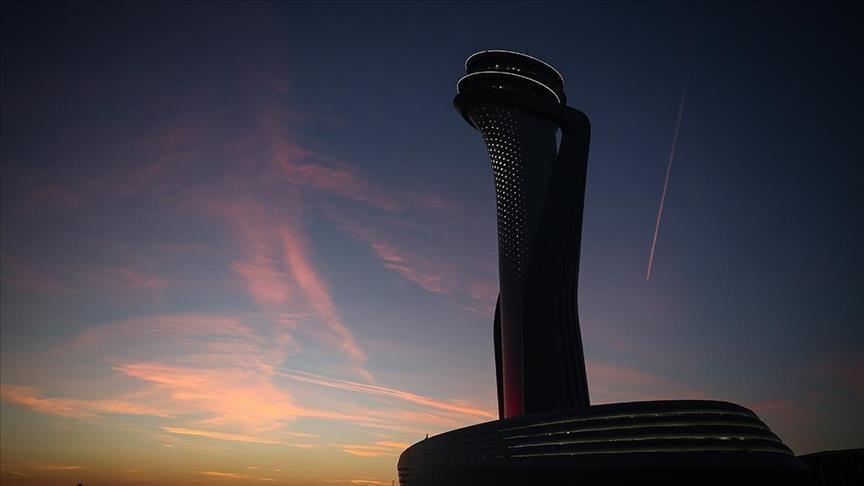Africa-Press – Tanzania. The global civil aviation industry has been recovering faster than expected, with annual passenger numbers reaching 4.9 billion in 2024, the president of the International Civil Aviation Organization (ICAO) said.
At the World Governments Summit 2025 in Dubai, Salvatore Sciacchitano told Anadolu that the recovery has been substantial, though it is not yet complete.
Sciacchitano stated that the sector has surpassed even optimistic pandemic-era forecasts, with passenger volumes returning to 2019 levels. However, the number of flights remains 4% lower than in 2019, mainly due to airlines prioritizing efficiency.
“Unfortunately, many airlines and airport operators reduced their staff because they had to face the challenge of the cost without income, (but) once the recovery started faster than expected, they were not prepared—still, some sectors are suffering; for example, in Europe, there are still some material delays in traffic management due to reduced staff,” he said.
“The lesson learned for the future is to try to prevent this phenomenon of reduction of staff, (and while) that could resolve the problems in the short term, (…) it could create a huge problem in the medium and long term,” he added.
Türkiye’s leadership
Sciacchitano stated that Türkiye is a leader in aviation, particularly in Europe, as a major competitor in the sector.
“Istanbul Airport is already a huge hub—if you want to fly from Europe, for example, to some destinations in Central Asia, you fly via Istanbul,” he said.
“It is a success story and an incredible achievement of Türkiye, when they designed and opened the airport in a time frame that I believe nobody in the world has ever done—connectivity assured by the Turkish aviation is huge, effective, efficient, and competing with major peers, (and) I believe (it) is an excellent model for other countries and regions,” he added.
Net zero emissions
Sciacchitano stated that the civil aviation industry has been transitioning to more sustainable fuels and that ICAO members have committed to achieving net zero emissions by 2050.
He highlighted that the goal will be reached through “ensuring the replacement of new fleet with less carbon emissions, improving better technologies including satellite, and (the) deployment of sustainable aviation fuels replacing the fossil fuels.”
“We cannot reach net zero in a shorter time frame but in the next 25 years, this is possible and feasible—it is feasible because the demand can match with the production of sustainable aviation fuels,” he said.
“It is not true that (the) vision is not progressing in carbon emissions reductions, (because) it is progressing according to a roadmap that is compatible with technologies (and the) market and the economic conditions available. We cannot expect airlines or countries to stop their aviation development, we need to continue to increase the development of aviation but in a sustainable way, and this is what we are doing now,” he added.
Civil aviation and AI
Sciacchitano stated that the civil aviation sector has been gradually making efforts in artificial intelligence (AI), though he noted that widespread AI adoption is not yet feasible.
“We cannot pretend to have an AI-driven aviation industry because aviation has always been cautious in innovation, but also been driven by the certification of reliability of the systems, because safety is primary,” he said. “AI is widely used in the air traffic control—the management of huge quantity of information in terms of navigation is only feasible if you have tools like AI.”
“What we should avoid is to think that the AI is going to change dramatically the way how (the) vision is driven, and still, the control must remain under humans, because the safety is first,” he added.
For More News And Analysis About Tanzania Follow Africa-Press







